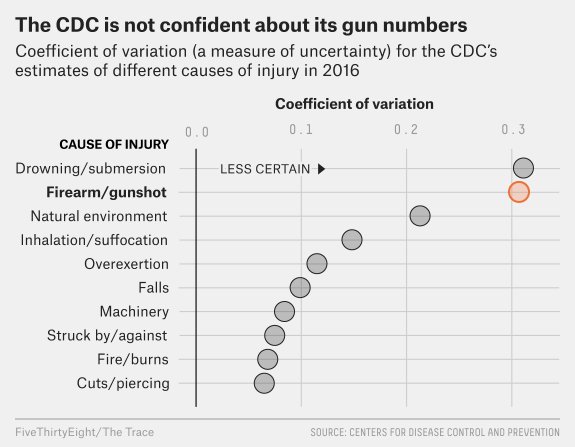Well. I know what today's @choo_ek #dailytriage will be.
External Tweet loading...
If nothing shows, it may have been deleted
by @ibwilson_health view original on Twitter
Share your stories of why #birthcontrol is an essential health benefit. I'll start:
• • •
Missing some Tweet in this thread? You can try to
force a refresh





